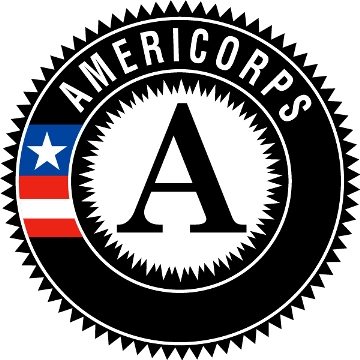I'm starting to realize that if I'm going to write it's going to have to be intentional and sometimes forced if I want to write a lot (which I do). So here goes:
I've been dealing with a lot: trying to become part of a new culture, make new friends, create a new home, and learn the ways these things work around here. Before I moved to Buffalo I knew only a few things about it: that it snowed a lot and that it was a poor city. Being from the suburbs of Chicago, daughter of a upper-middle class white family, I didn't have very much interaction or experience with American poverty. Most of what I understand of poverty has come from international travel (mostly which has been service projects).
Buffalo is 1/3 poor, 1/2 black, and the office I work in is all men. As an upper-middle class white woman, that's a lot of difference, and I feel it every day.
My writing prompt for tonight is an essay I came across while reading the book
Full Frontal Feminism by Jessica Valenti called
White Privilege: Unpacking the Invisible Knapsack by
Peggy McIntosh.
 Facebook's default avatar
Facebook's default avatarMcIntosh approached the issue of race through her relationship with male privilege. "If men want to deny (or do not accept) their privilege, there might be a similar situation with race," seems to be her initial thinking on exploring this issue:
"I think whites are carefully taught not to recognize white privilege, as males are taught not to recognize male privilege. So I have begun in an untutored way to ask what it is like to have white privilege. I have come to see white privilege as an invisible package of unearned assets that I can count on cashing in each day, but about which I was "meant" to remain oblivious."
Eventually her 'untutored way' resulted in a list of 50 effects of white privilege such as:
" 6. I can turn on the television or open to the front page of the paper and see people of my race widely represented."
and
"7. When I am told about our national heritage or about "civilization," I am shown that people of my color made it what it is."
and
"21. I am never asked to speak for all the people of my racial group."
These specific and relatable examples really bring it home for me. It's fairly commonplace for me to hear privilege being talked about abstractly, philosophically, but I think it's rare to be framed in a way that I can reflect on in my daily life.
McIntosh later suggests that we could take a next step and distinguish between positive and negative advantages of privilege and become "distressed" when those negative (i.e. "unearned") advantages are apparent. Though, "[d]isapproving of the system won't be enough to change them."
"To redesign social systems," she writes, "we need first to acknowledge their colossal unseen dimensions."
Here is her conclusion:
"Although systemic change takes many decades, there are pressing questions for me and, I imagine, for some others like me if we raise our daily consciousness on the perquisites of being light-skinned. What will we do with such knowledge? As we know from watching men, it is an open question whether we will choose to use unearned advantage, and whether we will use any of our arbitrarily awarded power to try to reconstruct power systems on a broader base."
Perhaps we confused privileged whites can start by looking toward feminist men/allies who work daily to recognize unequal privilege among their peers.
For now, I'm at least getting used to feeling my race. When I'm the only white person on a bus half-full of people, I feel it. When I get looked at differently by police, I feel it. I'm starting to realize and break down judgments I have that arise in an unconscious/conditioned manner. Being underprivileged as part of my gender I feel that friction more and am more likely to speak out against it, and I will try to think about how to take these responses to dealing with racial and class privileges I experience here in Buffalo as well.
For the full article
click here.
Other quotes I thought were good but I didn't integrate in the writing:
- "I began to count the ways in which I enjoy unearned skin privilege and have been conditioned into oblivion about its existence. My schooling gave me no training in seeing myself as an oppressor, as an unfairly advantaged person, or as a participant in a damaged culture."
- "The pressure to avoid it is great, for in facing it I must give up the myth of meritocracy."
- "Many, perhaps most, of our white students in the United States think that racism doesn't affect them because they are not people of color; they do not see "whiteness" as a racial identity."
 email to my supervisors:
email to my supervisors:


